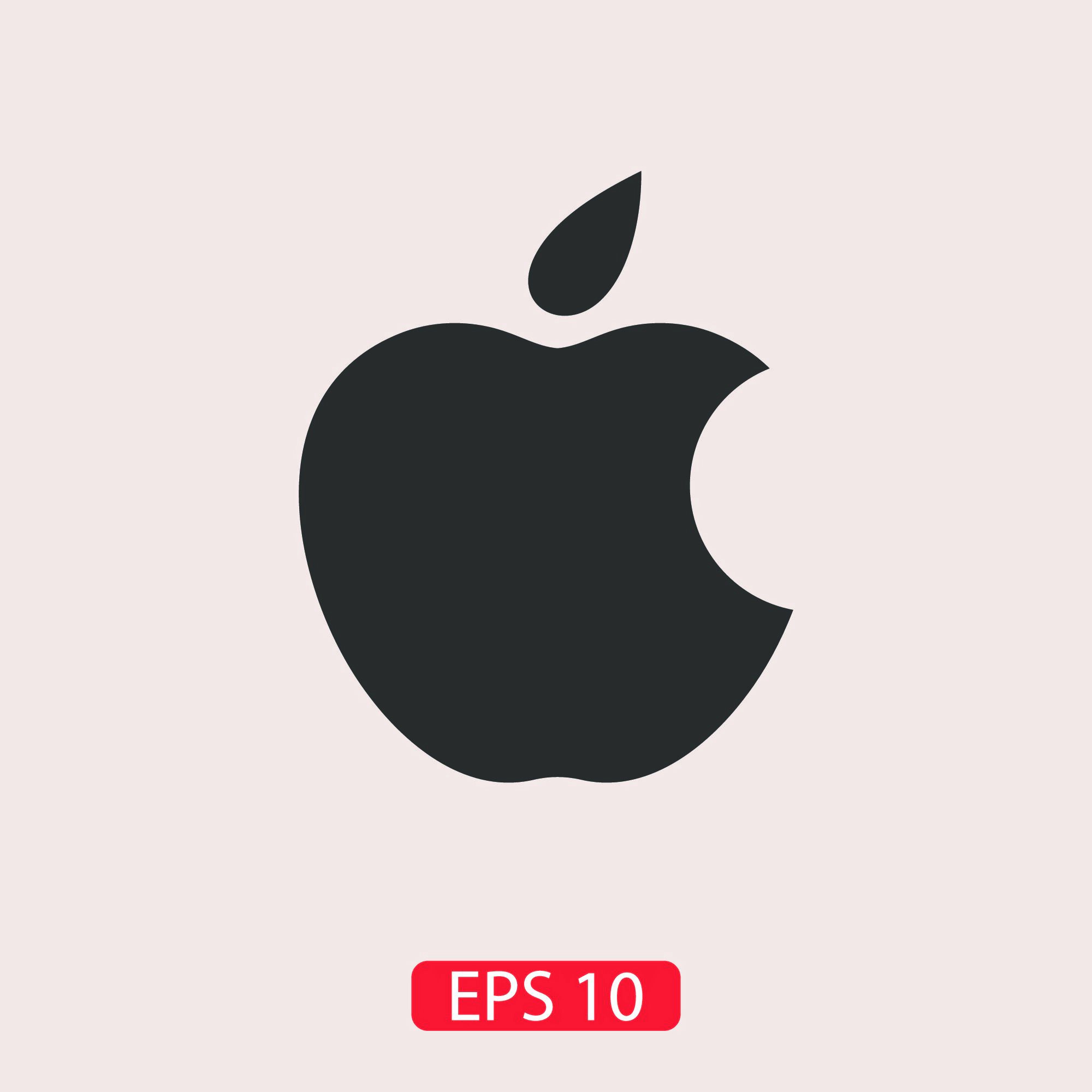
Initially, Congress authorized up to $349 billion in forgivable loans as part of the program. In 2020, Congress pushed through the $2.2 trillion Coronavirus Aid, Relief, and Economic Security Act—called the CARES Act—to provide economic assistance for American workers, families, small businesses, and industries. The Office of Recovery Programs is providing self-resources to assist recipients of awards from its programs with questions about reporting, technical issues, eligible uses of funds, or other items. Additional anticipated updates to federal regulations by CMS later this year include improving managed care and strengthening access to the critical services Medicaid and CHIP offer.
To be sure, some switches could be legitimate, when enrollees choose a different broker or plan. But brokers whose clients have been switched through unauthorized transactions say the real losers are consumers. We’ll be in touch with the latest information on how President Biden and his administration are working for the American people, as well as ways you can get involved and help our country build back better. Additional information on the Fund unrelated to Federal income taxation is available at The CARES Act Provides Assistance for State and Local Governments webpage (Fund Guidance). Unlike the Small Business Interruption loans, these Economic Stabilization loans were not forgivable.
U.S. Government Shared Services
But the money goes to insurers to offset the price of the new plan — which the consumer may not have wanted. Patients’ new plans might not include their doctors or might come with higher deductibles than their former coverage. Because the agent on the policy is generally switched, too, enrollees don’t know whom to call for help. On Feb. 26, the Centers for Medicare & Medicaid Services sent a “plan switch update” to industry representatives acknowledging “a large number of 2024 cases” and outlining some of its technical efforts to resolve problems when complaints are lodged. “It’s rampant. It’s horrible,” says Ronnell Nolan, president of Health Agents for America, a nonprofit trade association representing independent insurance brokers.
Another $350 billion was paid out in forgivable loans to small businesses to subsidize their payrolls during the disruption of the pandemic. Yet agents say the ads are misleading because the “subsidies” are actually the premium tax credits many people who enroll in ACA plans are eligible for, based on their income. It’s the sixth-largest law enforcement agency in the U.S. and is the criminal investigative arm of the IRS, responsible for conducting financial crime investigations like tax fraud, narcotics trafficking, money laundering, public corruption, healthcare fraud, and identity theft.
New Report Provides Recommendations on NOAA Fisheries Budget Process, Aligning Funding to Mission Priorities, Engagement
The growing outcry from agents who have had their clients switched by rivals — which can steer monthly commissions to the new agent — casts a shadow on what otherwise has been a record year for ACA enrollment. Indeed, armed with only a person’s name, date of birth, and state, a licensed agent can access a policyholder’s coverage through the federal exchange or its direct enrollment platforms. It’s harder to do through state ACA markets, because they often require additional information. Unauthorized enrollment or plan-switching is emerging as a serious challenge for the ACA, also known as Obamacare. Brokers say the ease with which rogue agents can get into policyholder accounts in the 32 states served by the federal marketplace plays a major role in the problem, according to an investigation by KFF Health News. More Information CI encourages the public to share information regarding known or suspected fraud tied to the CARES Act by contacting their local CI field office.
![]()
The American Rescue Plan extended employment assistance, starting in March 2021, and waived some federal taxes on unemployment benefits to assist those who lost work due to the COVID-19 crisis. Under the PACT Act, VA has also upgraded the health care priority groups for 693,962 Veterans over the past year — meaning that many of those Veterans are now paying lower copays. Since the PACT Act was passed into law, VA has upgraded the priority groups of more than 746,500 Veterans. Online or social media advertising is a way some outfits troll for prospects, who then end up on lists sold to brokers or are contacted directly by agents. The problem is the ads are often vague, and consumers responding may not realize the ads are about health insurance or might result in their policies being changed. Such ads promise free “subsidies” worth up to $6,400, often implying the money can help with groceries, rent, or gas.
